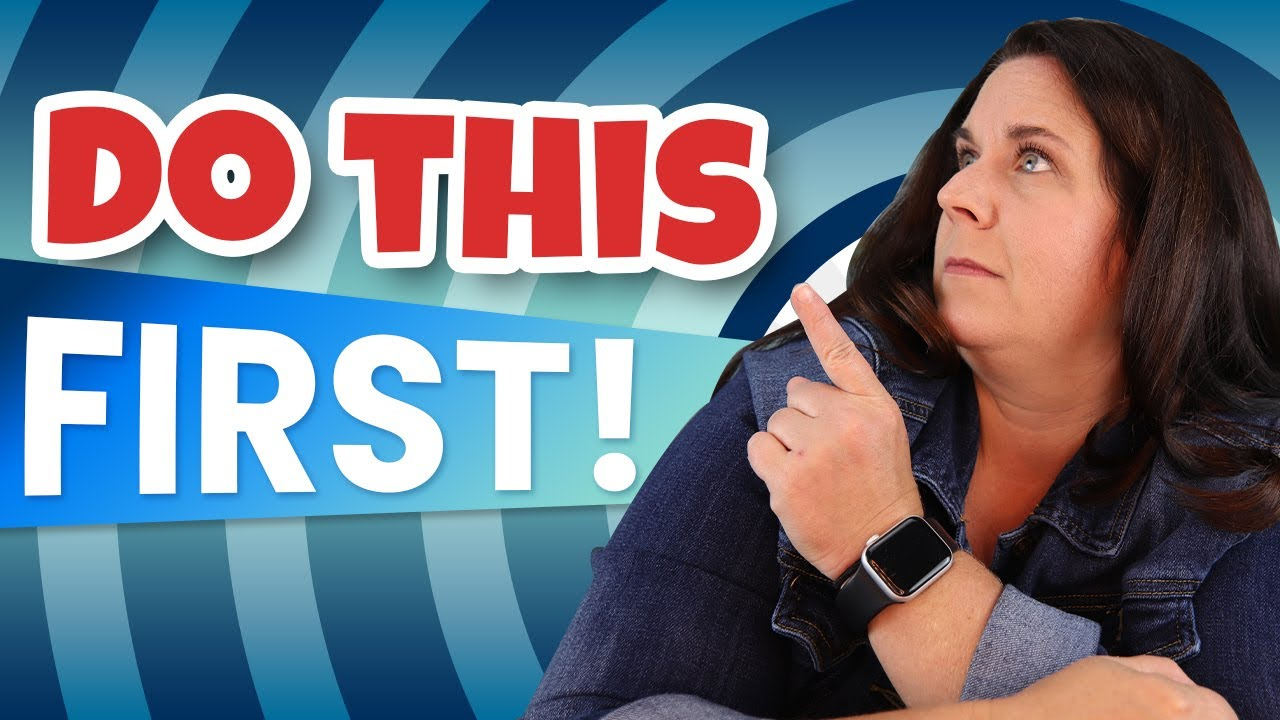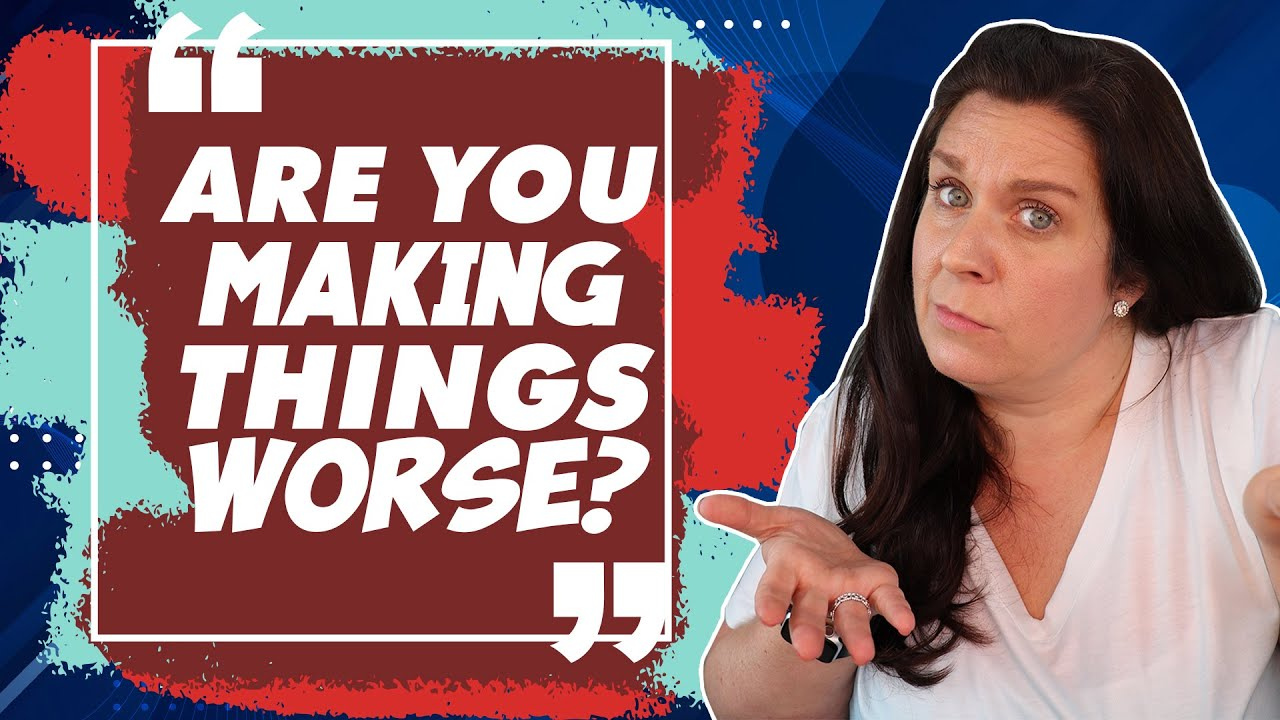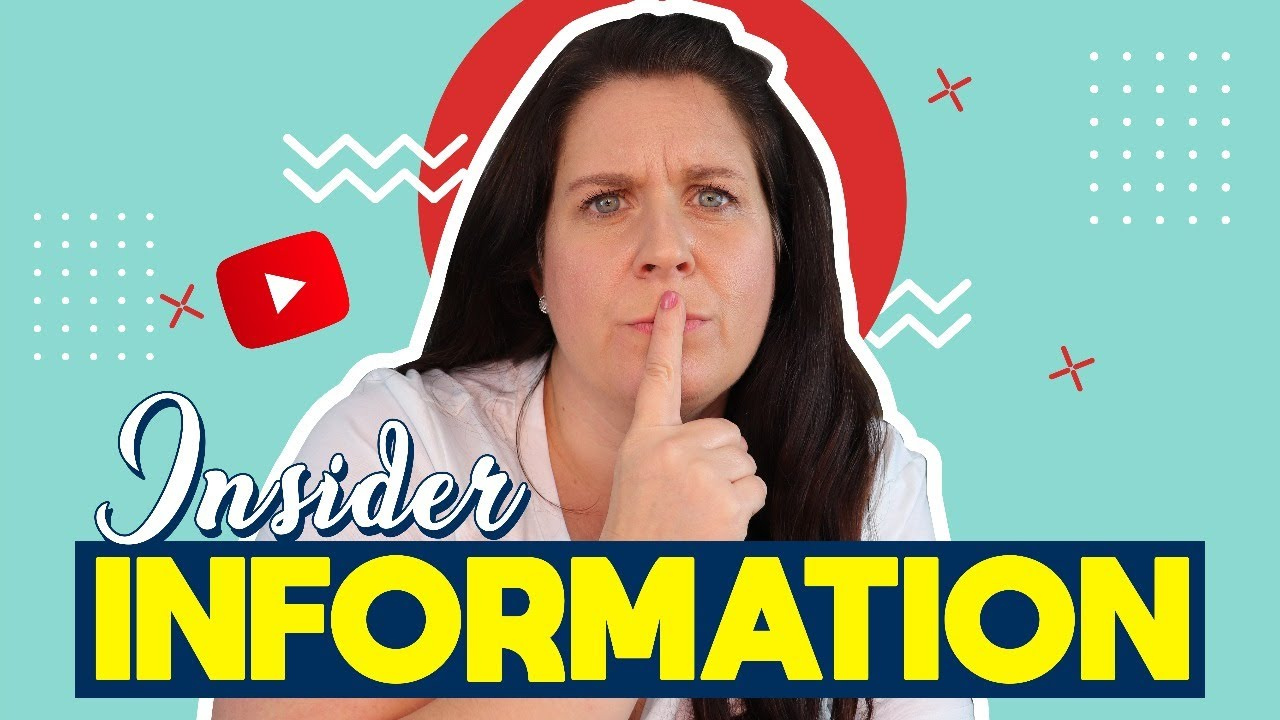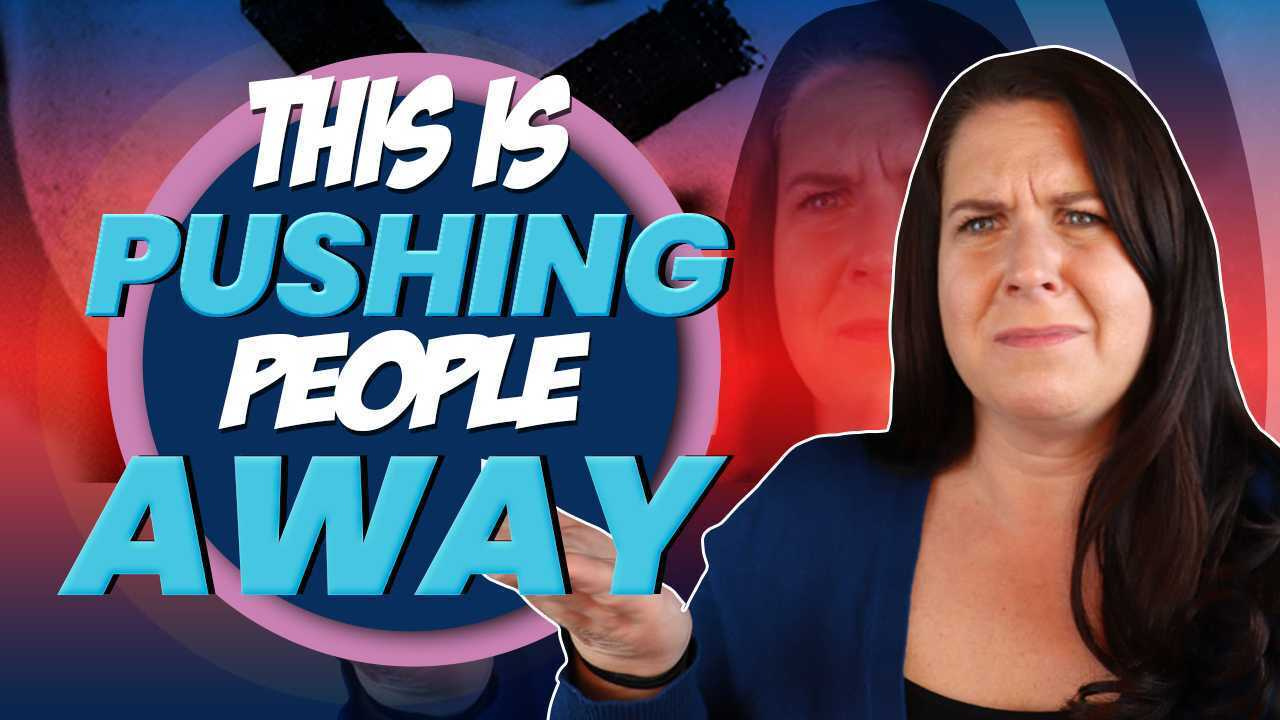Amazing New Treatment Option For PTSD- [SGB injection]
 Have you heard of S.G.B. injection for post-traumatic stress disorder? Recently, one of our viewers commented on my video and asked if I knew about it or if I'd made a video about it. It sparked my curiosity because I had never heard of injections for P.T.S.D.
Have you heard of S.G.B. injection for post-traumatic stress disorder? Recently, one of our viewers commented on my video and asked if I knew about it or if I'd made a video about it. It sparked my curiosity because I had never heard of injections for P.T.S.D.
P.T.S.D. stands for post-traumatic stress disorder, and because there is such a high correlation between trauma and addiction, we're deep-diving into the S.G.B. injection. It's going to help us understand better if this injection could be helpful for those that are struggling with these co-occurring disorders.
Generally, we all know what the word trauma means, but there is a clinical definition for post-traumatic stress disorder. In the counseling world, there's a lot of talk about something called complex trauma.
I thought the best place to begin would be to explain the issue to you, and then we'll get into this S.G.B. injection, how it works, how it impacts, and how it can be a super helpful resource for someone recovering fr...
How To Help Someone Decide To Get Sober
The first step to helping someone decide to get sober is to stop trying to change them and start trying to understand them. That is the essential ingredient. It's the foundation that you must put down. Otherwise, you're not going to get anywhere.
This is the most effective strategy that a family member can have. This is where every family should start, and if you get stuck in the process along the way, this is where you should return. Think about this as a home base, trying to understand the person and their situation.
This idea came to me when I did a video interview with Kyle from Sober Dogs, which you can watch HERE. He asked, how do you change a teenager who doesn't want to be changed? I said that's it! I don't focus on changing them. I focus on trying to understand them. When there's resistance, it's because people don't want to be changed. They don't want to be judged.
If you focus on hearing and understanding someone, you're going to lay down the groundwork for effective ch...
Healthy vs. Unhealthy Boundaries
What is the quickest way to go from unhealthy boundaries to healthy boundaries? Let's identify a few situations where you could slide into unhealthy boundaries and learn how to turn the situation around.
Whatever side of the issue you're on, everything I will teach you today is helpful, whether or not addiction is in your life. A quick way to figure out if you're sliding into unhealthy boundaries with someone is to determine whether or not you're on the drama triangle. These are healthy skills that we can all benefit from.
In the 1960s, Stephen Cartman came up with this theory called the drama triangle as a way of explaining dysfunctional social interaction. I love to explain this to people because it's so easy to understand and has such a concrete visual, which helps.
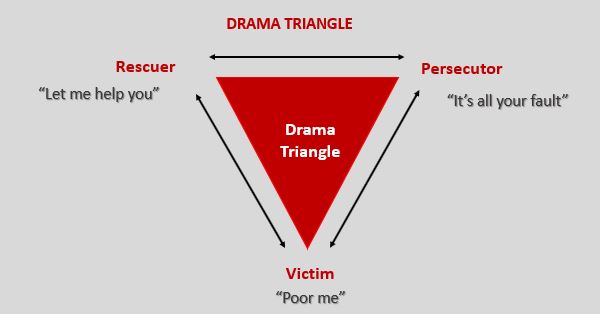
There are three roles in the drama triangle--The rescuer, the victim, and the persecutor.
If you find you're demonstrating these characteristics, this is a surefire signal that you are sliding into the unhealthy ...
How to Help an Addicted Loved One

-
Yelling, Nagging, Threatening, and Preaching
-
Spying (driving by to see if they're where they said they were, calling friends to see if their story lined up, going through their phone)
-
Soliciting help from outsiders (getting help from other family members, co-workers, friends, and church family) is a surefire way to get your addicted loved one to resent and not trust you.
-
Walking on Egg Shells (this isn't helpful)
-
Making you sign a "home contract" (don't do this!)
-
I am giving Huge Ultimatums- a difference between a boundary and a request.
-
Bailing You Out of Sticky Situations
-
Taking things away
-
Controlling the money
-
They baby you! (protect you from everything)
Are You Sabotaging Your Loved Ones' Chances Of Recovery From Drug Or Alcohol Addiction?
Could you be inadvertently sabotaging your loved one's chance at getting sober? As a counselor, there are a few ways that I regularly see family members do that can undo all the work the counselor is doing to help a person trying to find sobriety.
Families, I'm about to call you out here, but before I do, let me say I've done every one of these. As I said, we don't inadvertently do these things. We're not trying to sabotage their recovery in any way. The things that we say are natural things to say. When you say these things, it can be counter-productive. Not only is it not helpful, it is also pulling everything in the wrong direction.
1. Negative forecasting. Maybe you have it in your head that your loved one can never get better. Perhaps you have it in your head that your loved one can never get better. I get why you'd want to do this. Negative forecasting is like making future predictions that the person's going to fail or it's never going to work. Let's look at some different w...
Advanced Strategies For Overcoming Addiction that Nobody Ever Talks About
Advanced strategies of recovery.
How do you create a life that you love and that you can maintain?
Let's identify what those beginning strategies are.
- detox
- managing triggers/craving
- changing people, places, and things
All of those seem so blatantly obvious and that's why it's so important to learn those skills to get sober from substances. Keeping your sobriety is another story, am I right? There are some more advanced skills that you need to adopt if you want to manage them.
You see, for me, recovery management is, is all about sanity management. If you want to keep your sobriety or recovery long-term, you have to keep your head on straight. The reason why that's so important is that when you get yourself in an awful situation or you're upset when life throws you curveballs. These are the times that are likely to send you spiraling backward.
The first one on the list of advanced recovery skills is you have to learn to deal with problems and address them as they happen. ...
Is Tough Love The Best Approach To Take With An Addicted Loved One?
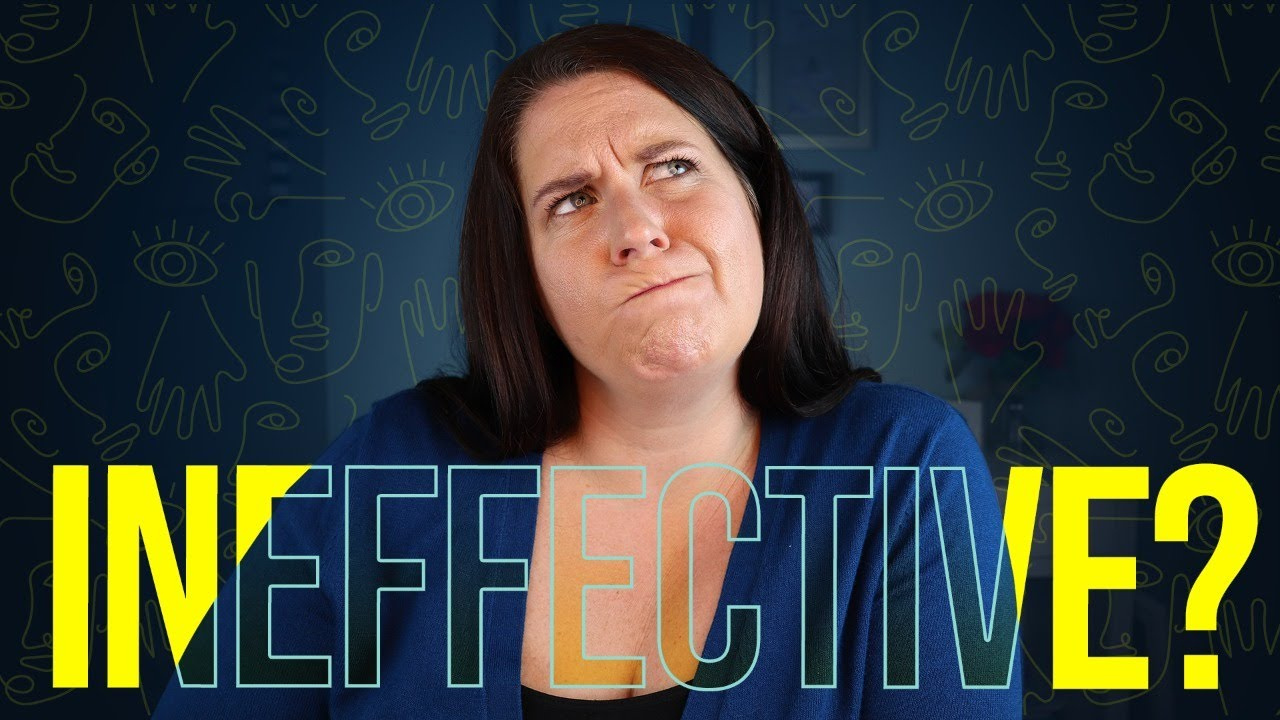
We hear this all of the time. People say tough love is the only thing that works. When talking to people in recovery, if you ask them how they think you should help or not help your addicted loved one, they'll probably tell you to use tough love.
Research shows that tough love isn't the most effective strategy for helping an addicted loved one.
In this video, we're going to take a look at what tough love does. So what do I mean when I say, tough love? I have a thought process or vision and definition of my head, but you may have a different awareness about what it means.
When people usually talk about cutting someone off emotionally, they're letting them figure it out and allowing their loved ones to hit bottom. Now there's a little truth in that. I'm not one hundred percent against that. I do think that there are times where you have to back up and let people learn some hard lessons.
But in general, do I think you have to cut your addicted loved one off emotionally, financially, logist...
When A Family Member Refuses To Acknowledge The Addiction
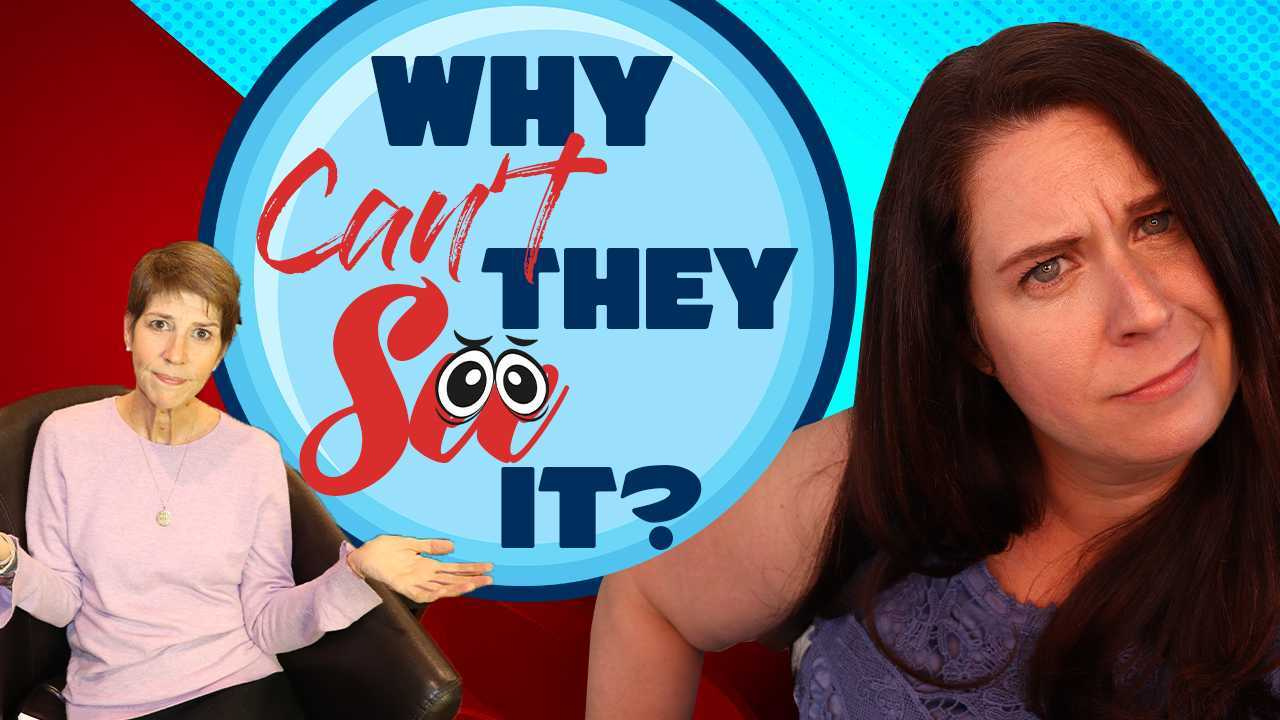 When you have a loved one with addiction, the pain, suffering, and loneliness are sometimes overwhelming. Do you know what makes these feelings worse? Having someone else in the family in complete denial over the loved one's addiction.
When you have a loved one with addiction, the pain, suffering, and loneliness are sometimes overwhelming. Do you know what makes these feelings worse? Having someone else in the family in complete denial over the loved one's addiction.
It's particularly frustrating when you can see the problem but someone else is
sabotaging you behind the scenes.
We see this play out so often in our office. The person in denial is either a parent, grandparent and occasionally a sibling. This creates a big problem because you have
one person who doesn't want to believe that the person has an addiction. It can interfere with the whole process of getting the addicted person to recovery.
This happens in almost every case. I get it, it's uncomfortable to absorb this information and to sit with it. It's much like a grieving process.
The denial is a self-protective mechanism of some sort. Denial is always protecting you from something that you're not ready to see.
What does it look like when there's den...
How To Be Kind To Someone With An Addiction Without Enabling
 Where is the line between helping, supporting, enabling, and having empathy for someone struggling with an addiction? We're going to shed a little light on this for you so you can figure out what's helping and what's enabling.
Where is the line between helping, supporting, enabling, and having empathy for someone struggling with an addiction? We're going to shed a little light on this for you so you can figure out what's helping and what's enabling.
I'm going to give you five reasons why being kind to someone, showing empathy, and even giving positive reinforcement can them figure out that they have an addiction problem way faster than when you try to do it more directly.
We get so frustrated and impatient dealing with someone who has an addiction because it's so clearly right there and it's just mind-blowing because the person with the addiction, can't see it. The more you push and try to get them to see the issue faster, the longer it takes them to get out of denial. When you come at someone directly like that, they immediately put their walls up and they get defensive. They'll no longer hear, listen, or even consider what you're saying. It's almost like a reflex even if they don't mean to they're going...
Huge Communication Mistakes that are Ruining Your Relationships! 🚧
These five common communication mistakes are probably damaging your relationships. In fact, you may be doing them automatically but it's pushing people away from you. We're going to start from the least problematic and go to the most problematic mistake. I think you're going to be surprised by the fifth one, you're going to be like I can't believe a counselor said that but I think it's an important one!
When you hear these common mistakes people make, you're going to think, "oh I've done that before!" and it's okay because I've done all of these things before too. Anyone can benefit from understanding these five mistakes.
The first common communication mistake is the one-upper or relating to someone's story too soon. This one is probably the one that I'm most guilty of doing. For example, someone says, "oh my gosh I had the worst day!" Then they start telling you about their bad day and you start to relate to that because you're like "oh yeah I know what that's like". What happens ...
